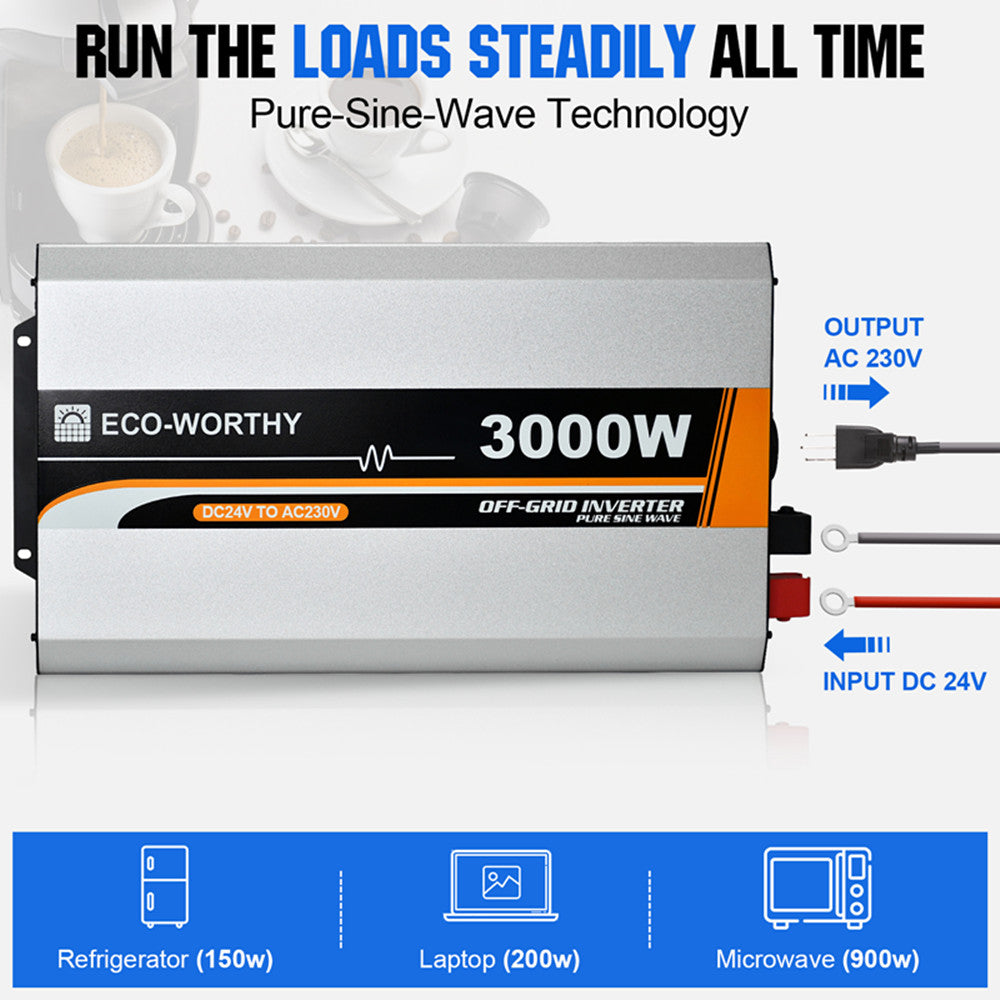The Essential Guide to Choosing the Right Inverter for Your Solar Panel System
Corps
When it comes to harnessing solar energy, the inverter to solar panel connection plays a pivotal role. Understanding the function and importance of an inverter can significantly enhance the efficiency of your solar panel system. This guide aims to provide you with essential insights into selecting the right inverter for your needs.

What is an Inverter and Why is it Important?
An inverter is a device that converts the direct current (DC) produced by solar panels into alternating current (AC), which is the form of electricity used in most homes. Without a suitable inverter, the energy generated by your solar panels cannot be utilised effectively. Therefore, choosing the right inverter is crucial for optimising your solar energy system.
Types of Inverters for Solar Panels
There are several types of inverters available, each with its unique features and benefits:
- String Inverters: These are the most common type, connecting multiple solar panels in a series. They are cost-effective but can be less efficient if one panel is shaded.
- Microinverters: Installed on each solar panel, microinverters optimise the output of individual panels, making them ideal for installations with shading issues.
- Power Optimisers: Similar to microinverters, power optimisers are attached to each panel but still connect to a central inverter. They enhance performance without the cost of full microinverter systems.
- Hybrid Inverters: These inverters can manage both solar energy and battery storage, making them suitable for those looking to store excess energy for later use.
Key Features to Consider
When selecting an inverter for your solar panel system, consider the following features:
- Efficiency: Look for inverters with high efficiency ratings to maximise energy conversion.
- Warranty: A longer warranty period often indicates a reliable product. Most inverters come with warranties ranging from 5 to 12 years.
- Monitoring Capabilities: Some inverters offer monitoring systems that allow you to track energy production and system performance.
- Compatibility: Ensure that the inverter is compatible with your solar panel system and any future expansions you may consider.
Installation and Maintenance Tips
Proper installation and maintenance of your inverter are essential for optimal performance. It is advisable to hire a qualified professional for installation to ensure compliance with local regulations. Regular maintenance checks can help identify potential issues before they become significant problems.
For those interested in exploring a range of inverters, you can find a selection of high-quality options at  .
.
Conclusion
In summary, the inverter to solar panel relationship is fundamental to the success of your solar energy system. By understanding the different types of inverters, their features, and the importance of proper installation, you can make an informed decision that maximises your solar investment. Whether you opt for a string inverter, microinverter, or hybrid inverter, the right choice will significantly enhance your energy efficiency and sustainability.











commentaires